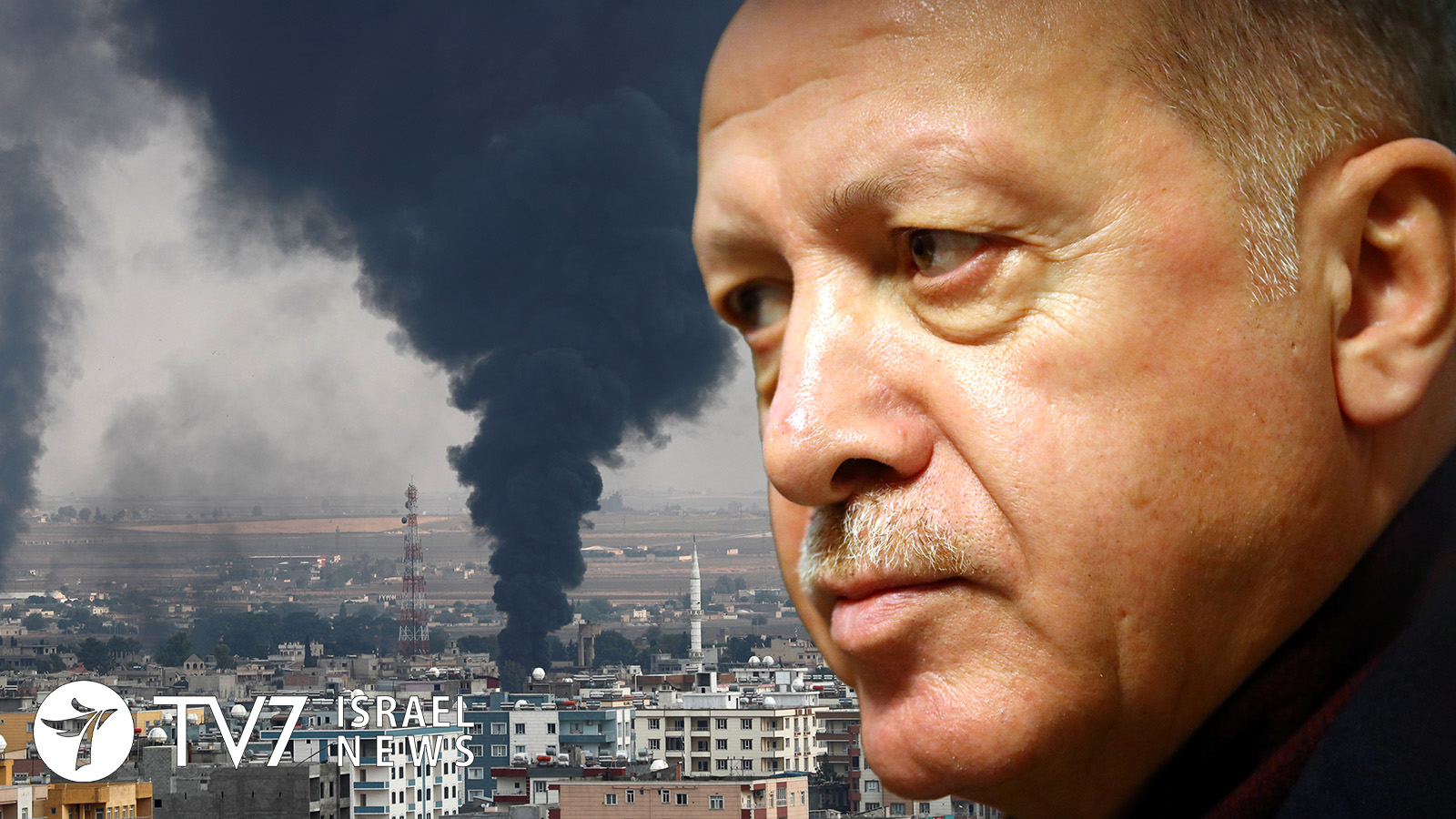Tensions are quickly escalating between Syria and Turkey, after their respective militaries launched several deadly attacks against one another.
The situation initially deteriorated last week when forces loyal to Syrian President Bashar al Assad made significant gains against opposition factions in the northwestern Idlib region. The government troops, backed by Iranian proxies with Russian air-support, are intent on eradicating Jihadist organizations in control of Idlib; despite repeated calls from Ankara to immediately halt their offensive. Damascus’ defiance of that demand has consequently resulted in open warfare between Syrian and Turkish troops. At least 14 Turkish soldiers and dozens of Syrian troops have reportedly been killed so far.
Turkish President Recep Tayyip Erdogan proclaimed that ‘the more Syrian troops attack his soldiers, the heavier price they will pay,’ and threatened to launch a full-scale war unless Syrian forces withdraw from Idlib by the end of this month.
In efforts to avert a widescale configuration between the two sides – which would likely draw both Russia and Iran into war – officials from Moscow and Ankara have reportedly been holding extensive negotiations to mediate an end to the clashes. A Moscow government spokesman maintained that attacks on Syrian and Russian installations by rebel forces are responsible for the outbreak of hostilities. “The Kremlin is worried about this situation. We did not conceal that we were concerned by the fact that, unfortunately, for a long time these terrorist groups have been feeling free enough in the Idlib’s zone,” claimed Dmitry Peskov, adding “And not only that, but they also organize hostile acts against Syrians and against our facilities.”
Turkey has deployed thousands of troops and military equipment including tanks and armored personnel carriers to Idlib over the past week; a move aimed at slowing the advance of the Syrian army that displaced nearly 700,000 civilians who fled toward the Turkish border.
